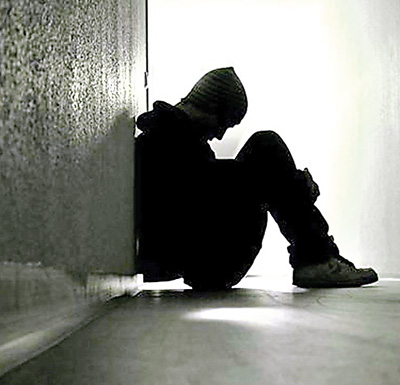Male mental health- the hidden crisis
Last month was International Men’s day and though it was ‘just another day’, it carries a very significant message. This year’s theme was ‘making a difference for men and boys’ where improvements in male health and well-being was the key focus along with the need to value men and boys. This is of great importance because when men feel loved, valued and acknowledged, there are often positive – physical, mental and social health outcomes. However, there is a current generation of men and boys who are in pain, often hurting emotionally and physically, living in acute fear of vulnerability and tenderness.
Increasing deaths by suicide, alcohol and substance abuse and incidents of violence are clear indicators that we require more urgent and compassionate conversations around male mental health and emotional well-being.
Gender stereotypes and messaging that often begin before birth where parents choose ‘all things blue’ for their baby boy and ‘ all things pink’ for their baby girl sets off a cycle of events where young boys learn that being male is about living up to societal standards of manliness, where brushing off tears at a very young age, and ignoring the sting of a bruised knee is far more acceptable and macho than allowing one’s self to feel pain, to cry and to be comforted with tenderness.
Boys learn very early on that vulnerability is dangerous and high risk when they face emotional invalidation at home, at school and in wider society.
Having injunctions being placed upon emotional expression in the guise of ‘ stop crying like a girl’, ‘ boys don’t cry’, ‘ don’t be a sissy’, ‘ and having the narrative of ‘ boys have to be tough’ pushed over and over again, leads to sometimes a lifetime of suppressed emotions, limited emotional literacy and of course bottled up feelings and experiences spilling over into relationships, parenting and work in the form of intimate partner violence, physical and emotional abuse and general dysfunction.
Risky sex, the abuse of alcohol and other substances, addiction to exercise and pornography for example are often potentially unhealthy self-soothing and coping mechanisms that men and boys engage in to survive in a world where toxic masculinity allows for an emotional repertoire that tends to begin and end with anger.
This can make it difficult to live a life that is worth living. It is also important to consider how men who are hurting can contribute to intergenerational trauma by repeating certain behaviours and patterns with their children and others.
This keeps the cycle of violence and trauma alive, silently disabling and killing people who identify as male and those who love them, globally.
The writer is a Counselling Psychologist, mental health advocate and trainer.



